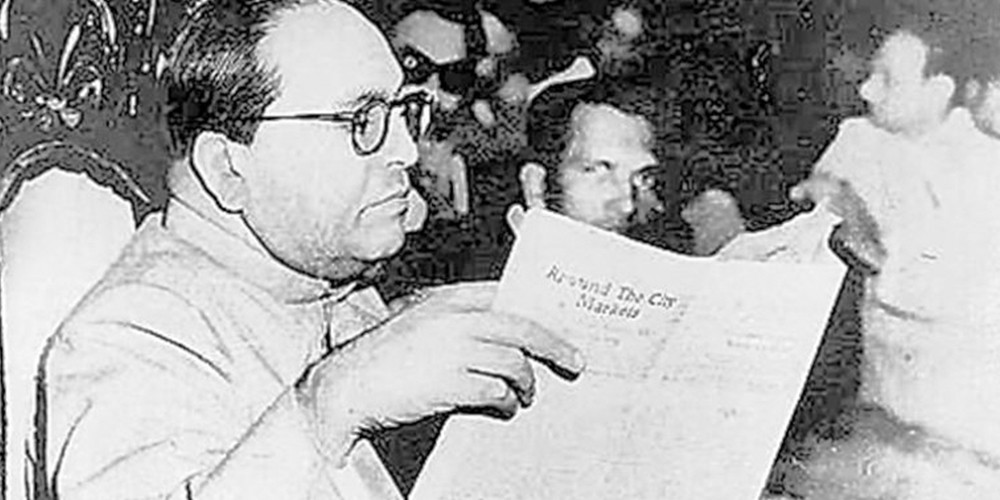To mark Dr. Ambedkar’s 125th birth anniversary and celebrate the centenary of his graduation from Columbia University, CGC | Mumbai organized a public panel at the Godrej India Culture Lab and an all-day workshop on December 9-10.
Bhimrao Ramji Ambedkar (1891–1956) is best remembered today for leading a powerful struggle for untouchable rights and self-representation, for his extensive writings on caste as a form of inequality and historical injustice, and for his enduring effect on Indian trajectories of democratic justice and affirmative action policy. Dr. Ambedkar studied at Columbia University in New York from 1913-1916. During this time, he interacted with some of the great figures of American liberalism, such as John Dewey and Edward Seligman, and the American historians, James Shotwell and James Harvey Robinson.
Mumbai and New York are two cities that had a profound impact on Dr. B.R. Ambedkar’s worldview and imagination. Led by Dr. Anupama Rao, Associate Professor of History at Barnard College, the panelists explored the intellectual spaces, forms of cultural expression, labor movements, and discourses of inequality that were part of the urban milieu in his time. Farah Jasmine Griffin, Professor of English and Comparative Literature and African American Studies at Columbia University, presented her research on jazz, gender, blues and public life on the culture of the Harlem Renaissance in Manhattan. Professor Robert Gooding-Williams, Professor of Philosophy at Columbia University, shared his work on the writings of William DuBois and the key transformations associated with historical inequality and social justice in the United States and India. Professor Ramesh Kamble, Associate Professor of Sociology at the University of Mumbai, who has extensively researched the social and political experiences of Dalits in urban settings joined the panel as a discussant.
This was followed by an all-day workshop where several intellectuals from India, including, Professor Gopal Guru (Jawaharlal Nehru University), Professor Wandana Sonalkar (Tata Institute of Social Sciences), and Dr. Varsha Shirgaonkar (SNDT Women’s University), shared their work on the connection and comparison between black movements and anti-caste thought and the subaltern city.

